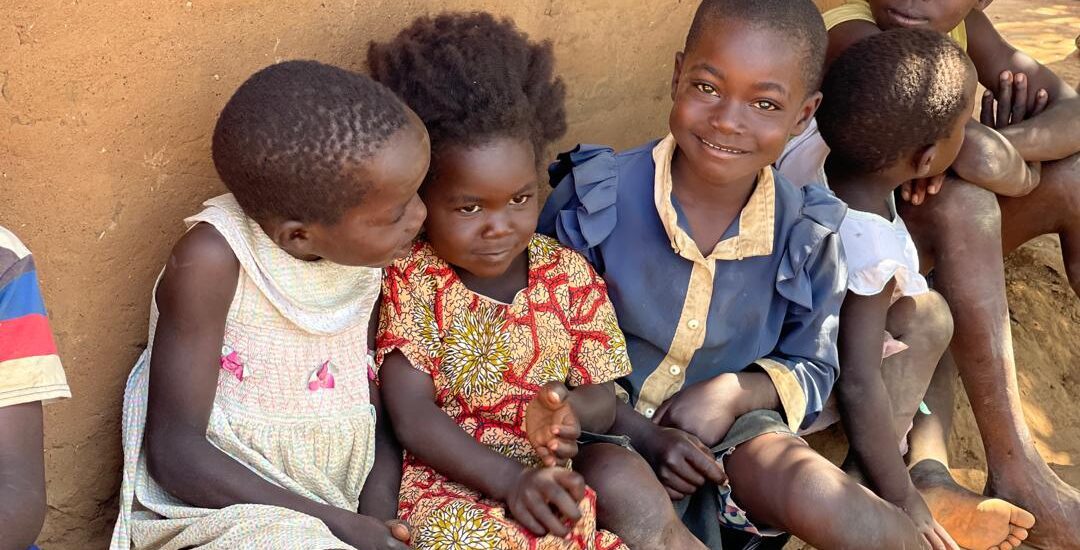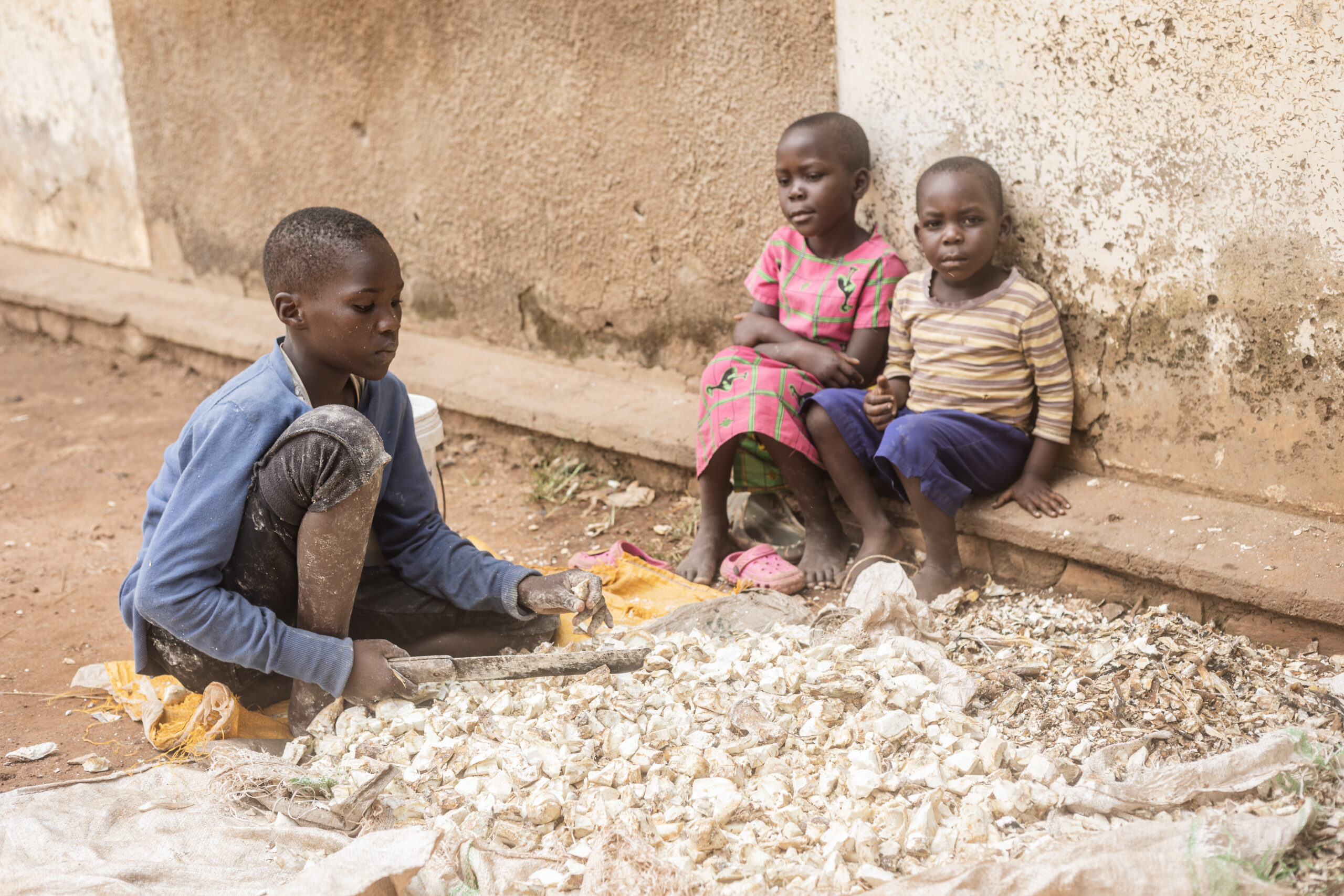In Uganda, like other East- African countries, Child marriage is one of the significant drivers of adolescent pregnancy. 8.9 million Girls aged 10–19 are at risk of harmful practices, including child marriage, teenage pregnancy and FGM, this represent nearly 27% of the country’s total population of 43.7 million; and in a country with the world’s lowest median age of 15 years.
A whopping 34% and 7% of girls in Uganda are married before their 18th and 15th birthdays respectively; while 6% of boys are married before their 18th birthday (UNICEF 2020). Child brides are also at major risk of contracting sexually transmitted infections (STIs) including HIV.
The risk of maternal death is about 28% higher for mothers aged 15 to 19 than that of mothers aged 20 to 24 (UNFPA, 2020). COVID-19 pandemic led to closure of schools for 2 years which sparked child marriage cases, UNESCO 2021 projections showed that school closures increased the risk of child marriage by 25 per cent per annum.
A number of international legal instruments have been ratified by the Government of Uganda to protect the fundamental rights of children to not be married before the age of 18 and end teenage childbearing including; the convention on the elimination of all forms of discrimination against women. several development frameworks, policies, action plans and strategies have been developed to complement the national laws in the protection of the fundamental rights of children and these include: the Third National Development Plan (NDPIII) recognize the need to address child marriage, teenage pregnancy, child abuse, neglect and deprivation as challenges and obstacles to sustained poverty reduction and socio-economic transformation; the Social
Development Sector Investment Plan SDSIP (III); the National Child Policy 2020; the National Policy on the Elimination of Gender-based Violence in Uganda (2016); and the National Action Plan on the Elimination of Gender-based Violence in Uganda (2016- 2021), National Adolescent Reproductive Health Policy (2004), Ministry of Gender, Labor and Social Development Strategic Plan, 2020/21 – 2024/25 and the recently renewed National strategy to end child marriage and teenage pregnancy 2022/2023-2026/2027.
Furthermore, besides Uganda’s Constitution, Parliament of Uganda has enacted a wide range of laws that explicitly provide for the protection of children against sexual violence. These include the Penal Code Act, Cap 120 as amended, the Children Amendment Act, 2016, the Anti- Pornography Act, 2014 among others. However, besides the delayed enactment of both the Marriage Bill and the Sexual Offences Bill into law, there are existing latent gaps in Uganda’s current legal and policy framework. These shortcomings have inadvertently weakened the campaign against child marriage.
The lack of harmonization among laws on sexual offences creates an implementation
conundrum. The Government of Uganda does not have a consolidated law on sexual offences, which could be remedied by the pending Sexual Offences Bill. The Bill is the first legislation that addresses the issue of child marriage and child sexual abuse.
Uganda is plagued by deep-seated traditional and religious beliefs and practices that hinder the implementation of the laws on Child Marriage. Ingrained patriarchal notions base the value of a girl on her virtue thus, they are married off early to maintain their purity by controlling their sexuality, despite this leading to child sexual abuse within marriages. Dismantling these cultural and religious beliefs is a task that the law alone cannot tackle as any overt sanctioning of these practices will only drive them underground rather than solve the problem. There is the risk of communities perceiving laws that alter their way of living as imperial and trying to erase their culture.
Lack of a clear understanding of implications of the law on people amongst parliamentarians and government officials and the need to utilize a human rights based approach while enacting laws on child marriage .
Sometimes there are no provisions in the law penalizing those who contravene the minimum age of marriage requirement and thus the seemingly conflict with the criminal law on sex with a
minor.
Lack of recognition of, or adequate provision of, sexual reproductive health services and rights (SRHSR) in the general legal framework.
Joy for Children – Uganda, closely works with members of parliament particularly the Uganda Parliamentary Forum for Children and Uganda Women Parliamentary Association to support processes for the enactment of the sexual offences and Marriage Bills. The organization has also facilitated trainings for parliamentarians on laws/frameworks and policies that align with 2020 UN General Assembly Resolution on child and early and forced marriage, supported Ministry of Gender, Labor and Social Development in the development of the National Strategy to end Child Marriage and teenage pregnancy in Uganda, with clear and comprehensive multi-sectoral strategies and initiatives.






